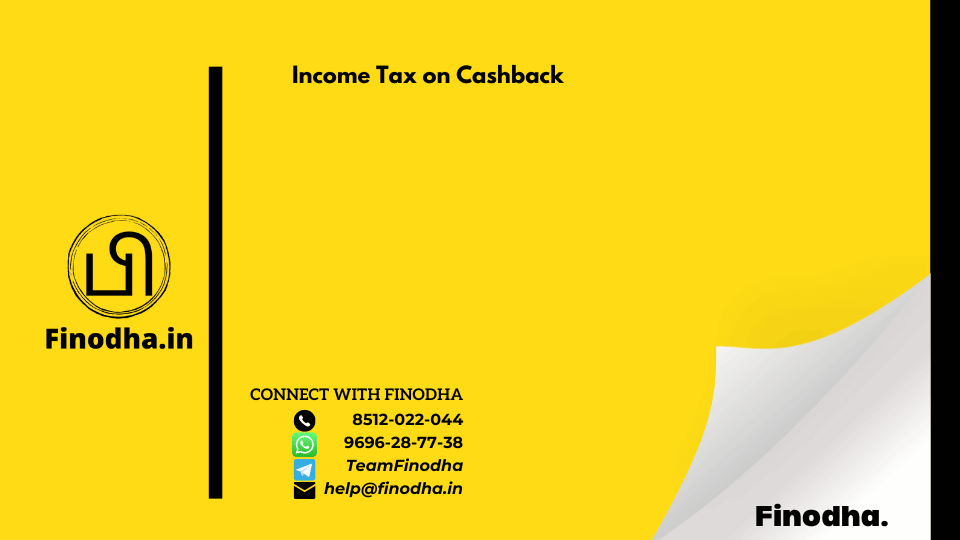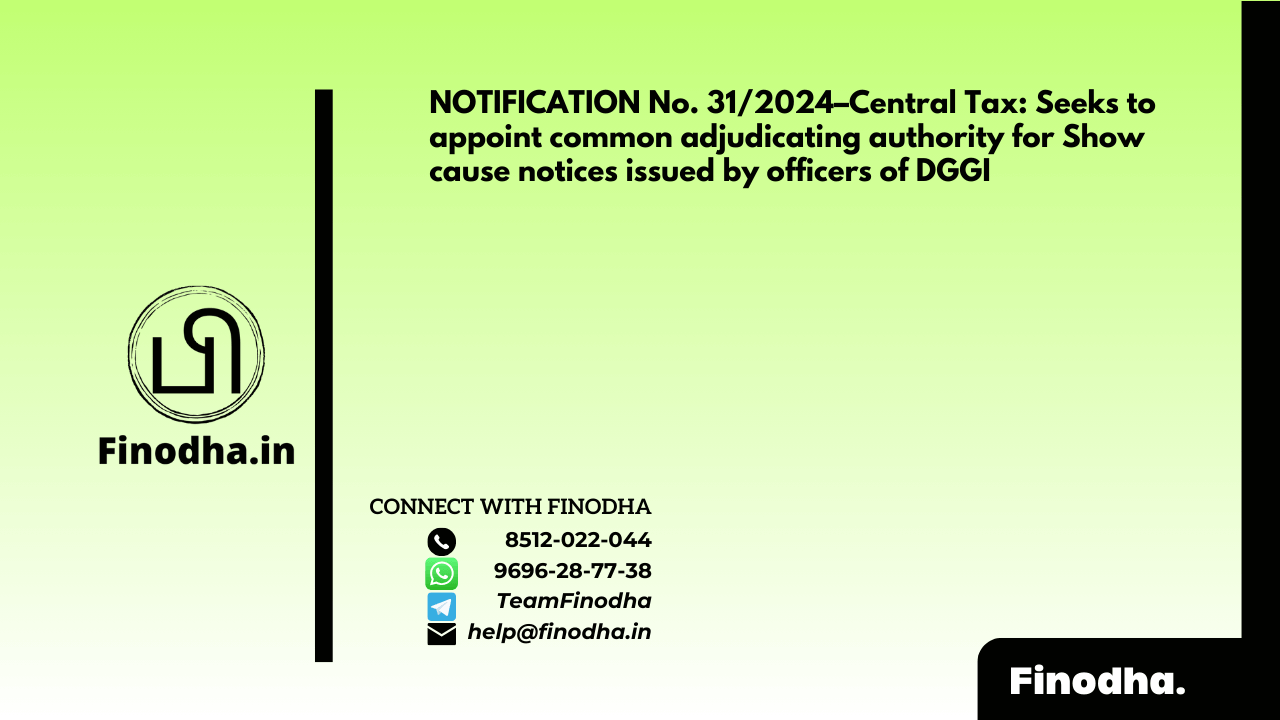Important Keyword: IFOS, Income Tax, Income Tax on Cashback.
Table of Contents
Income Tax on Cashback
Cashback is a monetary reward provided by businesses to stimulate customer purchases. It functions as a percentage of the amount spent on products or services, reimbursed to the customer either in cash or through other perks. However, if the total cashback received during the fiscal year surpasses INR 50,000, it becomes taxable income under the category of “Income from Other Sources” and is subject to income tax.
Types of Cashbacks
Instant cashback is provided immediately upon the completion of a transaction, reducing the payable amount instantly. For instance, if you purchase a movie ticket online for INR 500 with a 10% instant cashback offer, you’ll only need to pay INR 450 (500 – 10% cashback).
Deferred cashback, on the other hand, is a reward that can be utilized in subsequent transactions. For example, if you refer a friend while booking a movie ticket online and receive cashback, you can use it for your next purchase.
Income Tax on Cashback – Business Expense
Regarding income tax on cashback, it’s considered a form of income for businesses. If a business buys goods or services and receives cashback, it can either treat the cashback as a reduction in the purchase cost or report it as additional income.
For instance, if ABC Enterprises buys stationery online for INR 5,000 and receives an instant cashback of INR 1,000, they can either claim INR 4,000 as the net expense or report INR 5,000 as the expense and INR 1,000 as income.
Capital Expense for Business
If a business purchases capital goods and earns cashback, it can treat the reduced purchase amount as an asset and claim depreciation on it. Alternatively, the business can consider the entire purchase amount as an asset, report the cashback as income, and pay tax accordingly.
For instance, ABC Enterprises bought a laptop worth INR 50,000 and received a cashback of INR 5,000. They can record INR 45,000 as the net asset value and claim depreciation on it. Alternatively, they can list the full INR 50,000 as an asset, treat the INR 5,000 cashback as income, and pay tax on it.
Income Tax on Cashback – Personal Expense
Regarding income tax on cashback for personal expenses, if an individual receives cashback on personal purchases, it’s considered a gift as per Section 56(2) of the Income Tax Act. Cashback up to INR 50,000 in a financial year is exempt income, but any amount exceeding this is taxable under the head “Income from Other Sources” at slab rates.
For example, if Mr. Mehta receives a birthday gift worth INR 35,000 and earns cashback totaling INR 18,000 during the year, the aggregate amount of INR 53,000 exceeds the INR 50,000 limit. Therefore, the entire sum will be taxable under “Income from Other Sources.”
Read More: Tax on Agricultural Income
Web Stories: Tax on Agricultural Income
Official Income Tax Return filing website: https://incometaxindia.gov.in/




